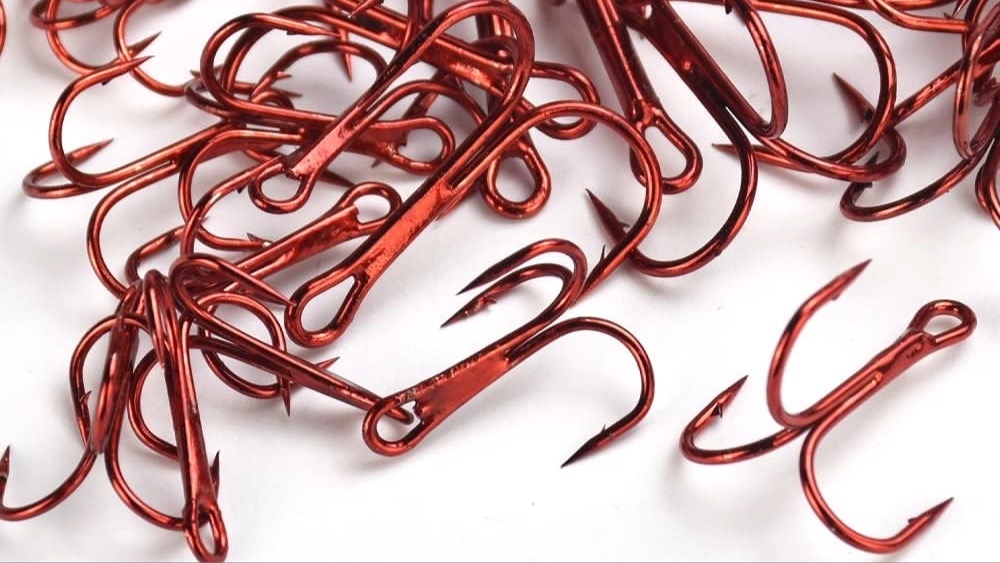"Gratitude," a word that shares etymological roots with "gratuitousness," has been one of the moral lines used most often and most effectively to keep Cubans sentimentally tied to Castroism. And, although this emotional blackmail is no longer wielded as effectively as in Fidel's time (a PhD in Demagoguery) the Government continues to articulate paternalistic discourse about its "efforts made to take care of the people." This, implicitly, elicits the citizenry's gratitude and its loyalty towards those supposedly self-sacrificing and disinterested leaders.
A case in point: the Economy Minister, who recently stated that "the current situation is complex, but, with great effort, we are guaranteeing milk for children"... How can we not love him if, thanks to his efforts, our children can drink milk?
A fundamental part of this emotional manipulation is the regime's continuous reference to "subsidies," which often pepper official discourse as something that the State magnanimously and charitably grants to the people. For example, the Minister of the Food Industry (can you have a more absurd position in Cuba?) said on television that "on the international market the price of a liter of milk is 50 cents (USD), but in Cuba it is delivered at 0.25 pesos, and the State covers the cost difference in its budget." The State covers it?
Let's say it loud and clear: in Cuba, subsidies simply do not exist.
There are only subsidies in those countries where there is economic freedom and citizens are responsible for themselves because they can own, manage and exchange means of production. Under this system of freedom, the State captures a fraction of the resources generated by the private sector via taxes, or debt (mainly from the most affluent) in order to assist certain individuals or organizations that need help, through unilateral transfers.
In Cuba, the logic is different, and part of a very different anthropological conception, because Castroism, like all socialist systems, does not conceive of the individual, but rather society as the primary holder of rights. Thus, it has been and continues to be opposed to every person being free to manage their capital, including their labor power, or simply having genuine property.
In Cuba, the State monopolizes the law and, through it, the means of production, receiving directly (not through taxes or debts) the fruit of the work of the nation as a whole. With all these resources centralized, it then distributes a portion among the people, as the Government deems most expedient ? an expediency that rarely coincides with what is best for the people.
A few weeks ago, in a televised "interview" with Miguel Díaz-Canel, the president, referring to what is distributed via stores: "There is also talk about why we don't subsidize people, rather than products. In the midst of this situation, are we to take the subsidy away from everyone?"
But, is it even true that what Cubans receive through the ration card is a subsidy?
Fidel Castro established the cards in 1962 as a system of distribution and price control under his state policy of a planned economy. The products comprising these "regulated basic groceries" (all imported today) are purchased with the labor and money generated by the people. The Government only mediates the purchase, but in the process there is no redistribution of resources, which is the very essence of a subsidy. The rationing card is not a subsidy, but rather a distribution and control mechanism.
What that mechanism does deliver, due to inefficient management by the Castroist bureaucracy as an intermediary, are cost increases, which results not in higher price tags, but rather shortages of products for the people. But, above all, there is a loss of individual freedom, as the Government is relied on for food.
Castroism takes money from the people, keeps part of it, mismanages the rest, with only a pittance ever reaching the people at stores. Then they call this a subsidy, and ask to be thanked for the sacrifice!
Although it is true that everywhere (although not always) governments use subsidies to curry political patronage, Castroism went further and directly turned citizens, not into clients of the State (because clients are free people), but rather dependents of it. And, instead of managing wealth by redistributing it from those who have the most to those who have the least (which is what a subsidy is) they proceeded to administrate misery and hunger - which is what socialism is.
In short, the Castro "subsidy," far from being a gift, is like a hook; but not one of those traditional, simple hooks, but rather those treble hooks chemically sharpened for deep-sea fishing, catching unsuspecting fish that bite plastic baits without realizing that it's their last supper. The only difference is that real fish squirm so as not to be caught, while Castroism wants its Cuban fish to be grateful ... and many are.
Opinion
Subsidies in Cuba: grateful fish
The Castro 'subsidy' is like treble hook chemically sharpened for deep-sea fishing.

Necesitamos tu ayuda: apoya a DIARIO DE CUBA
Sin comentarios
Necesita crear una cuenta de usuario o iniciar sesión para comentar.